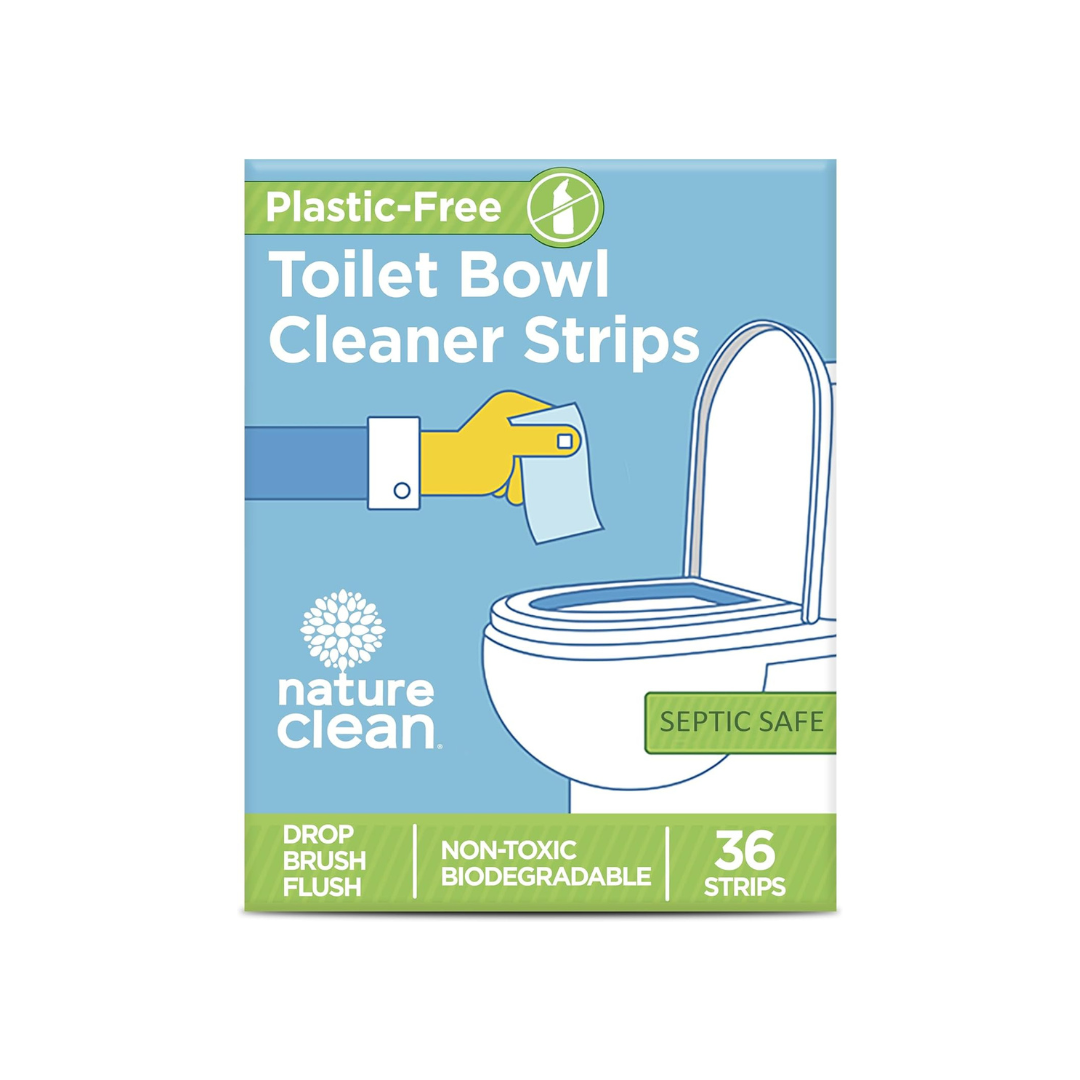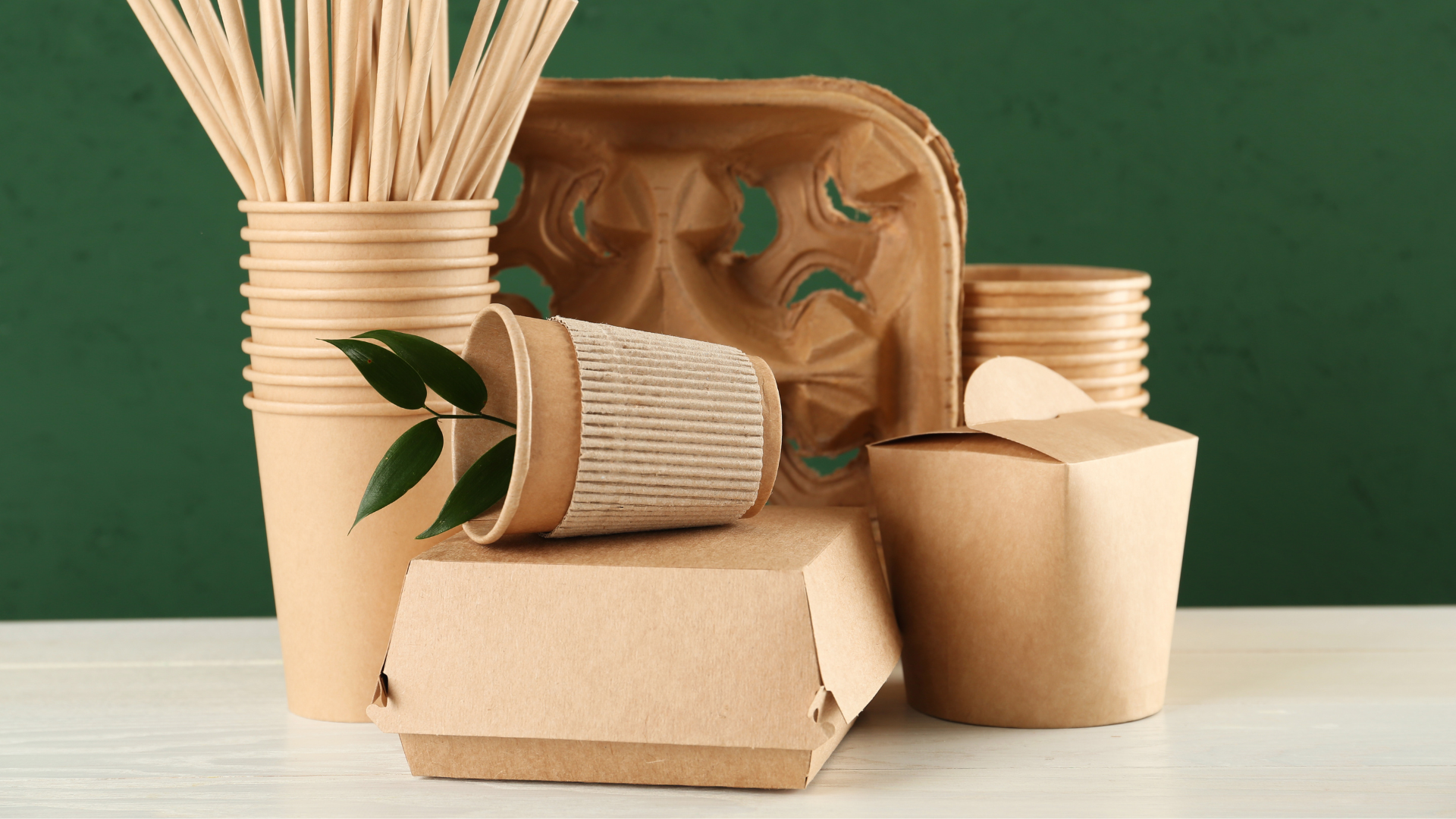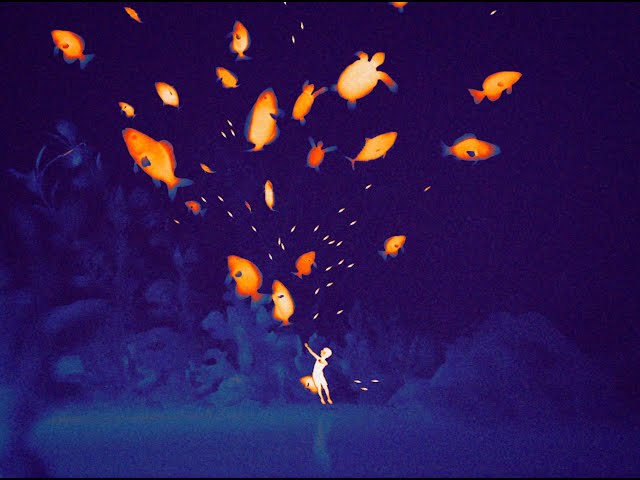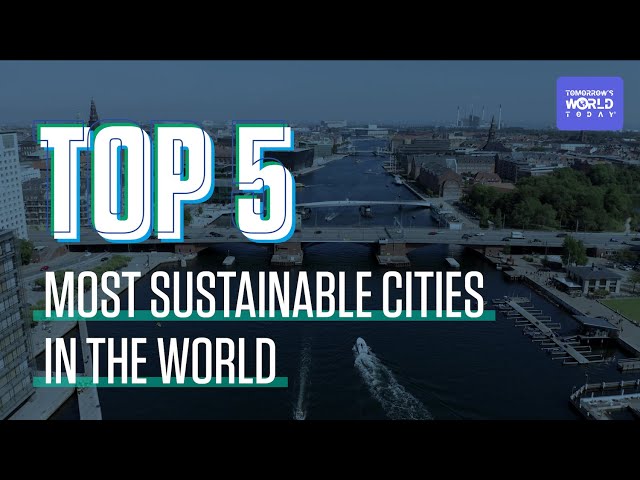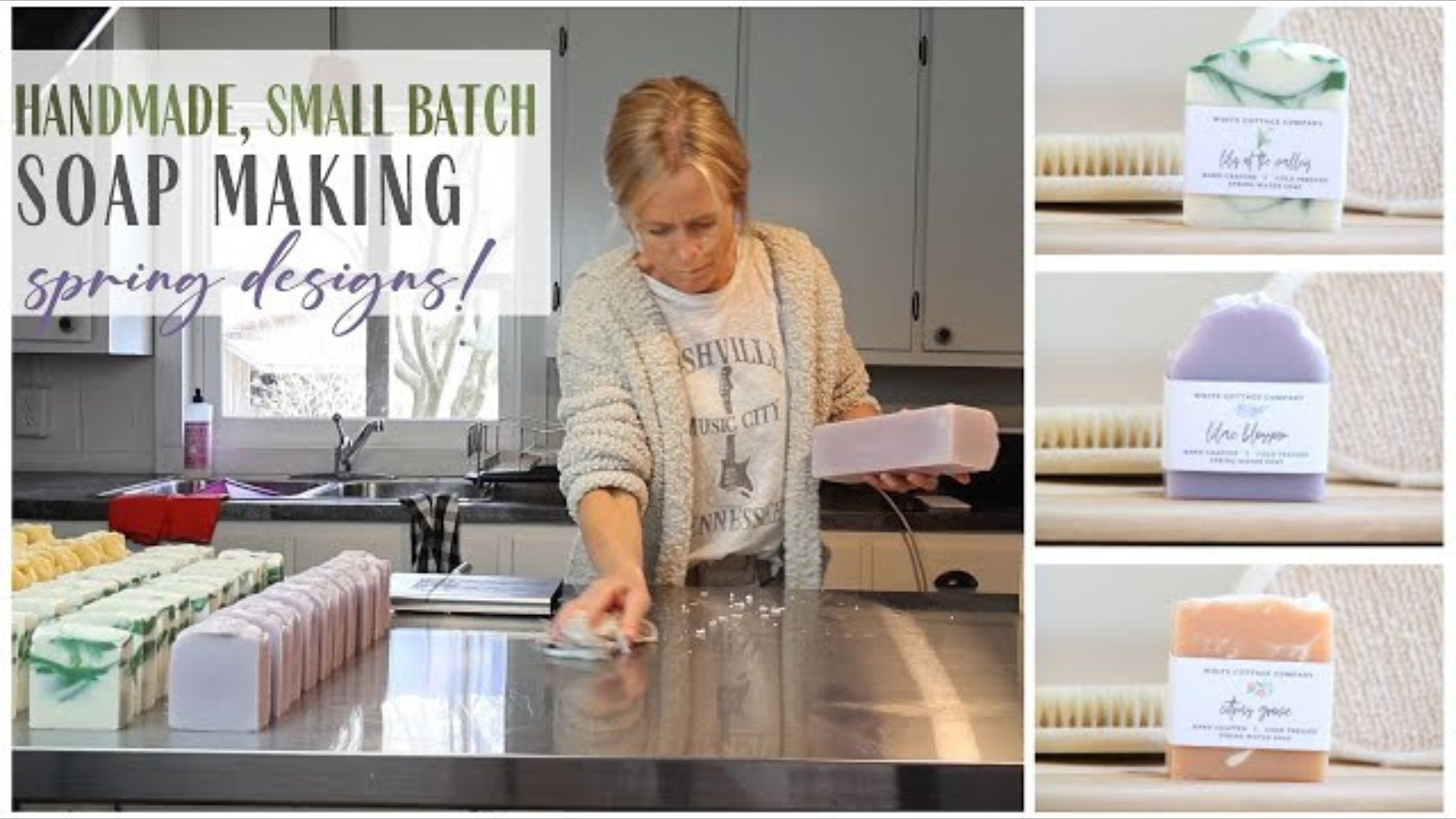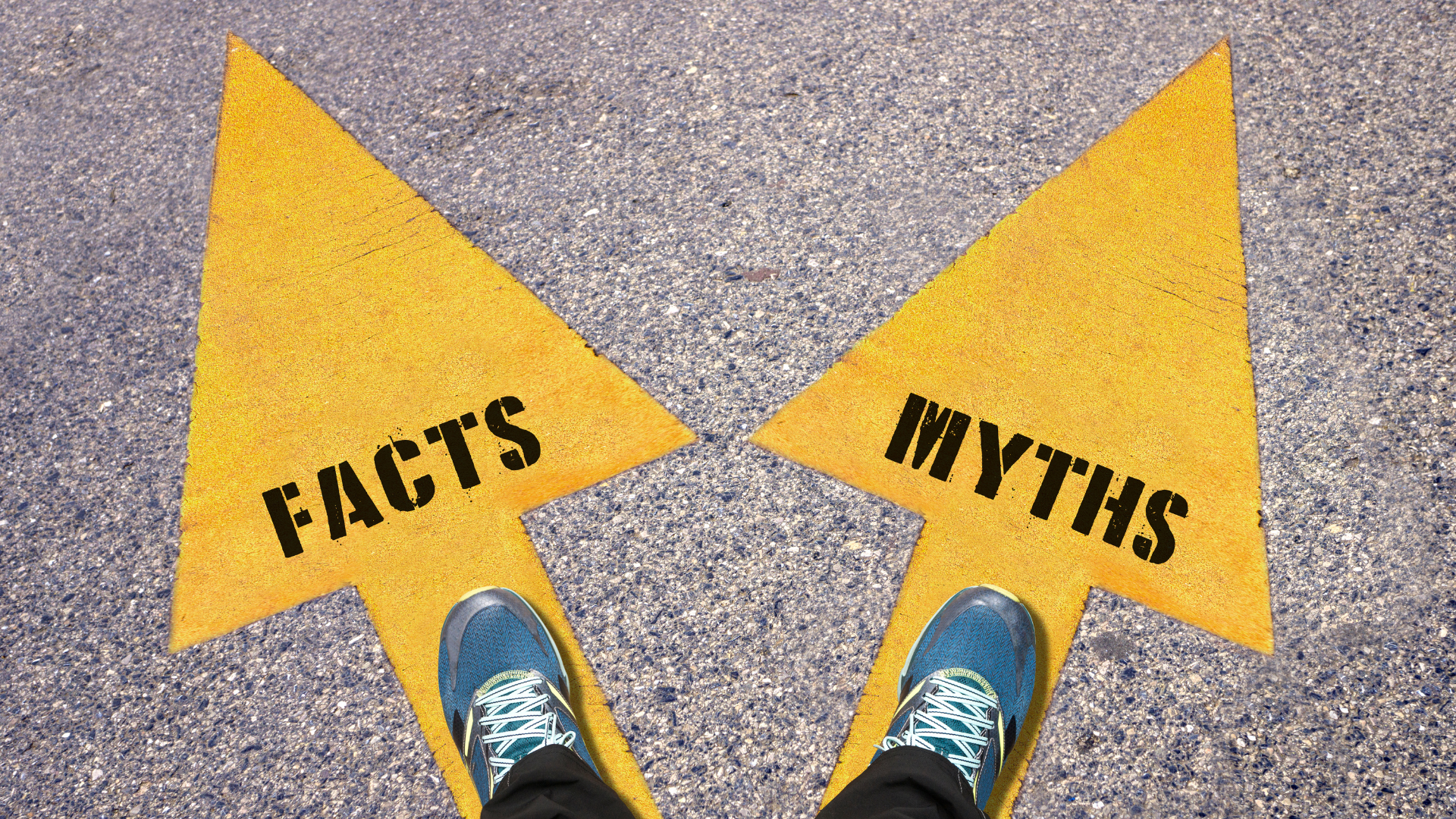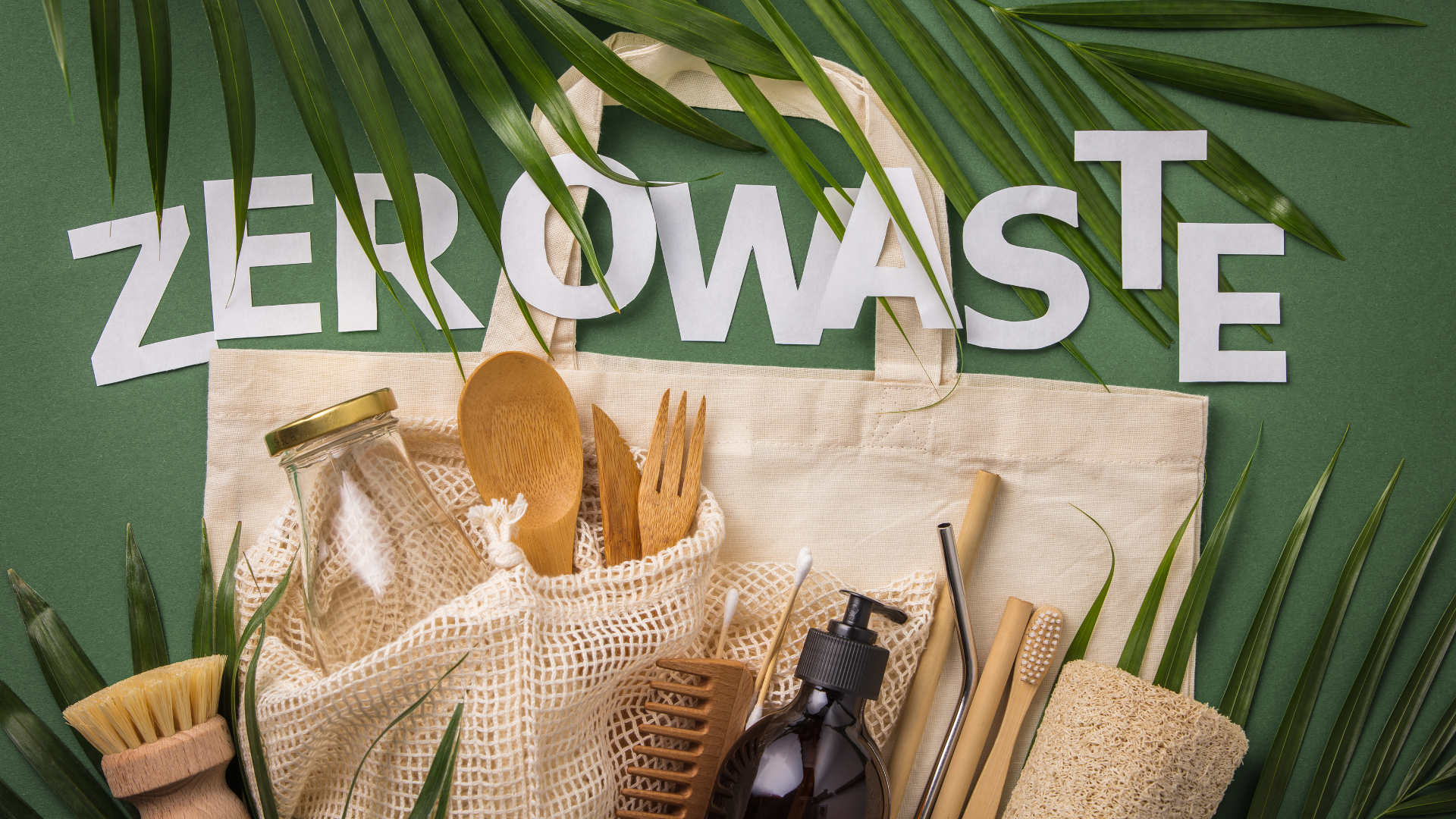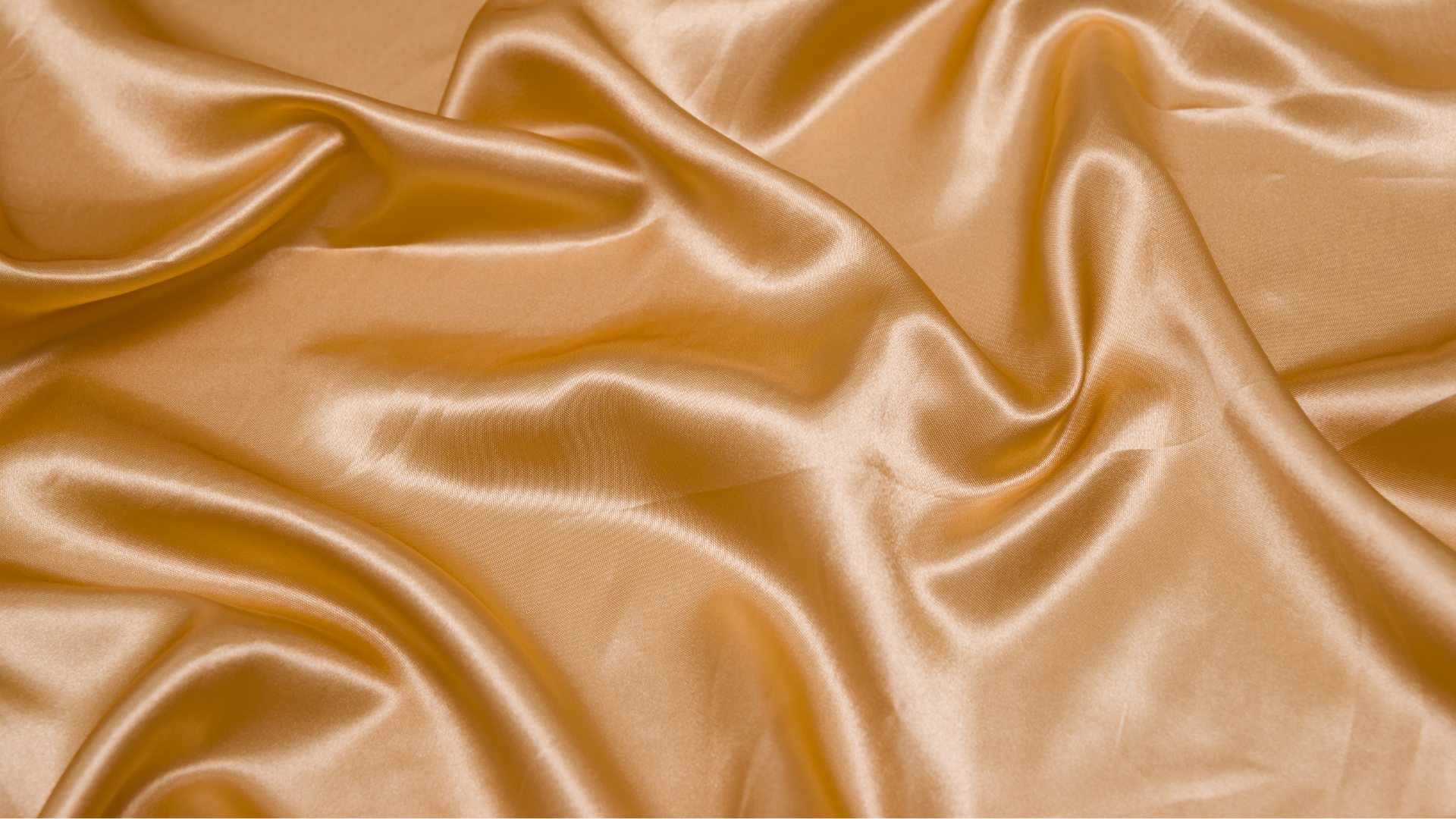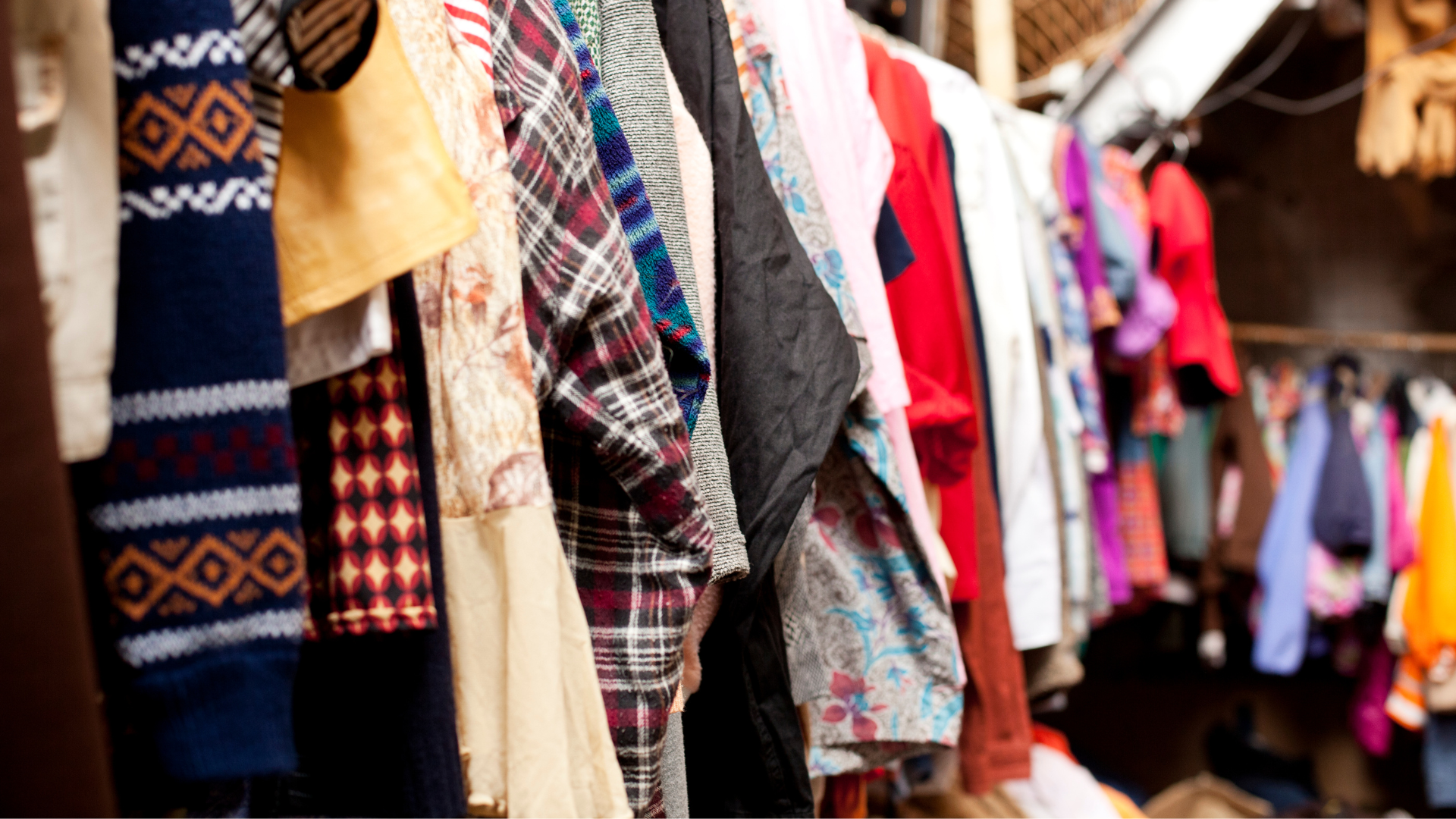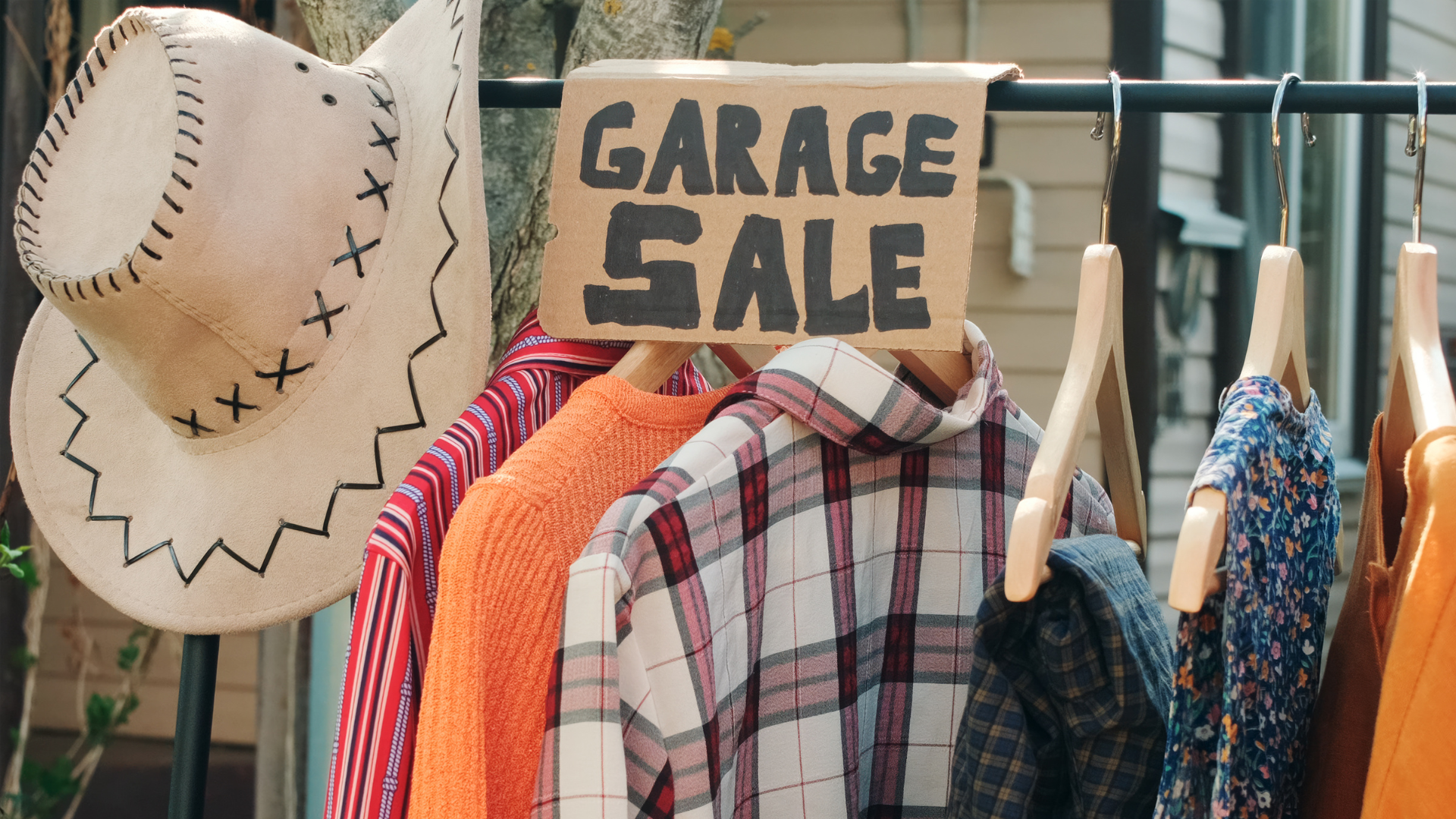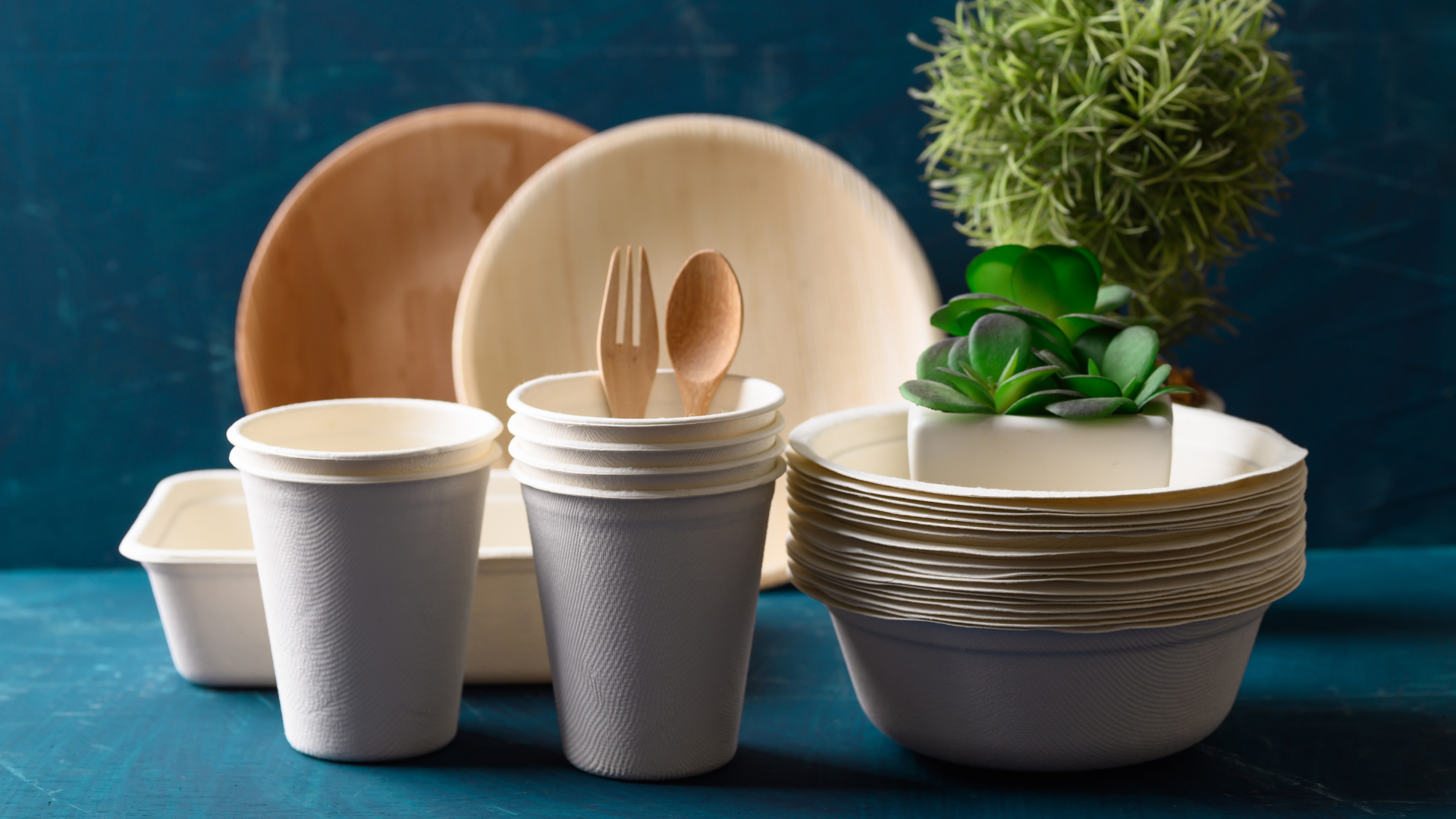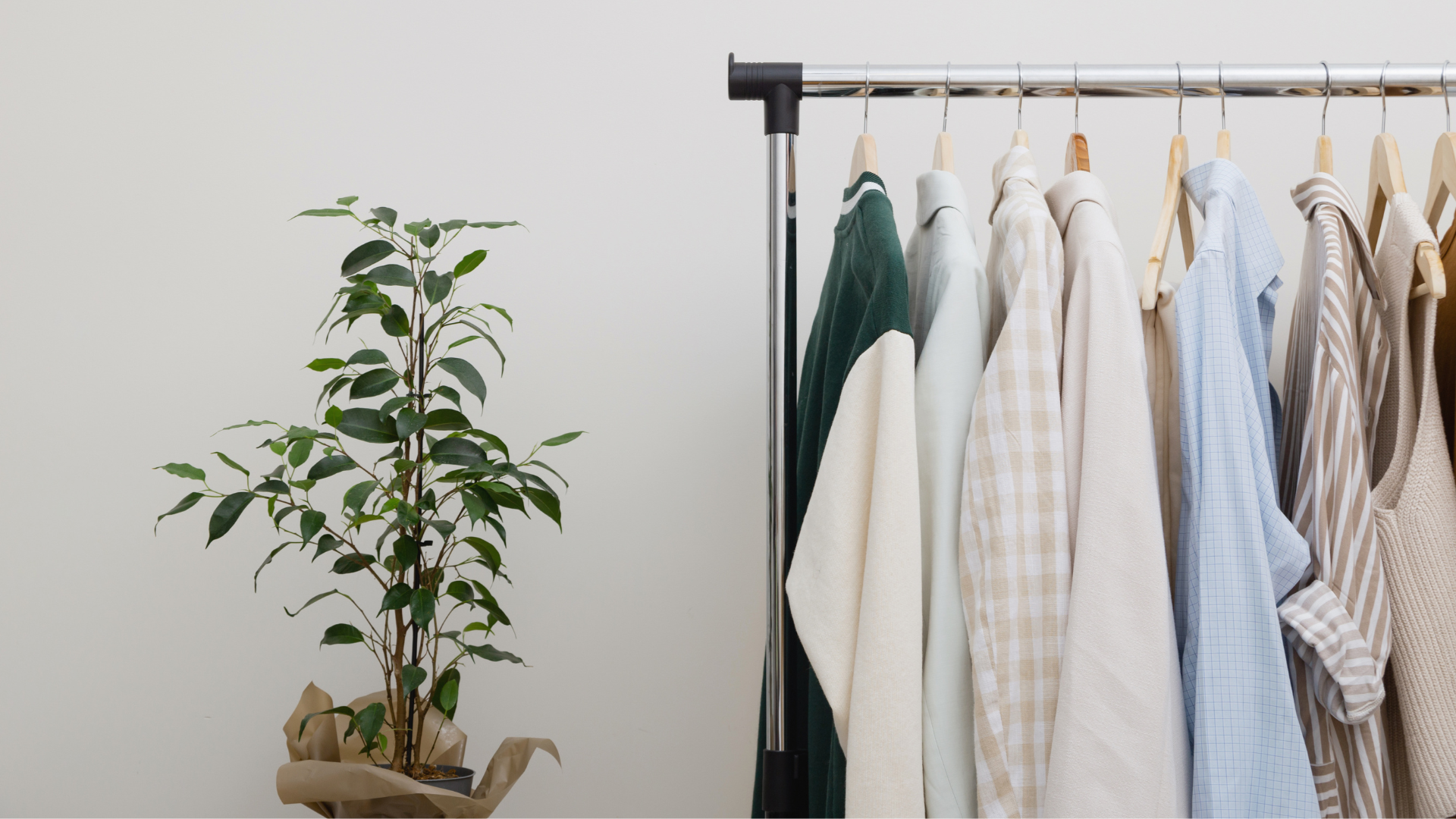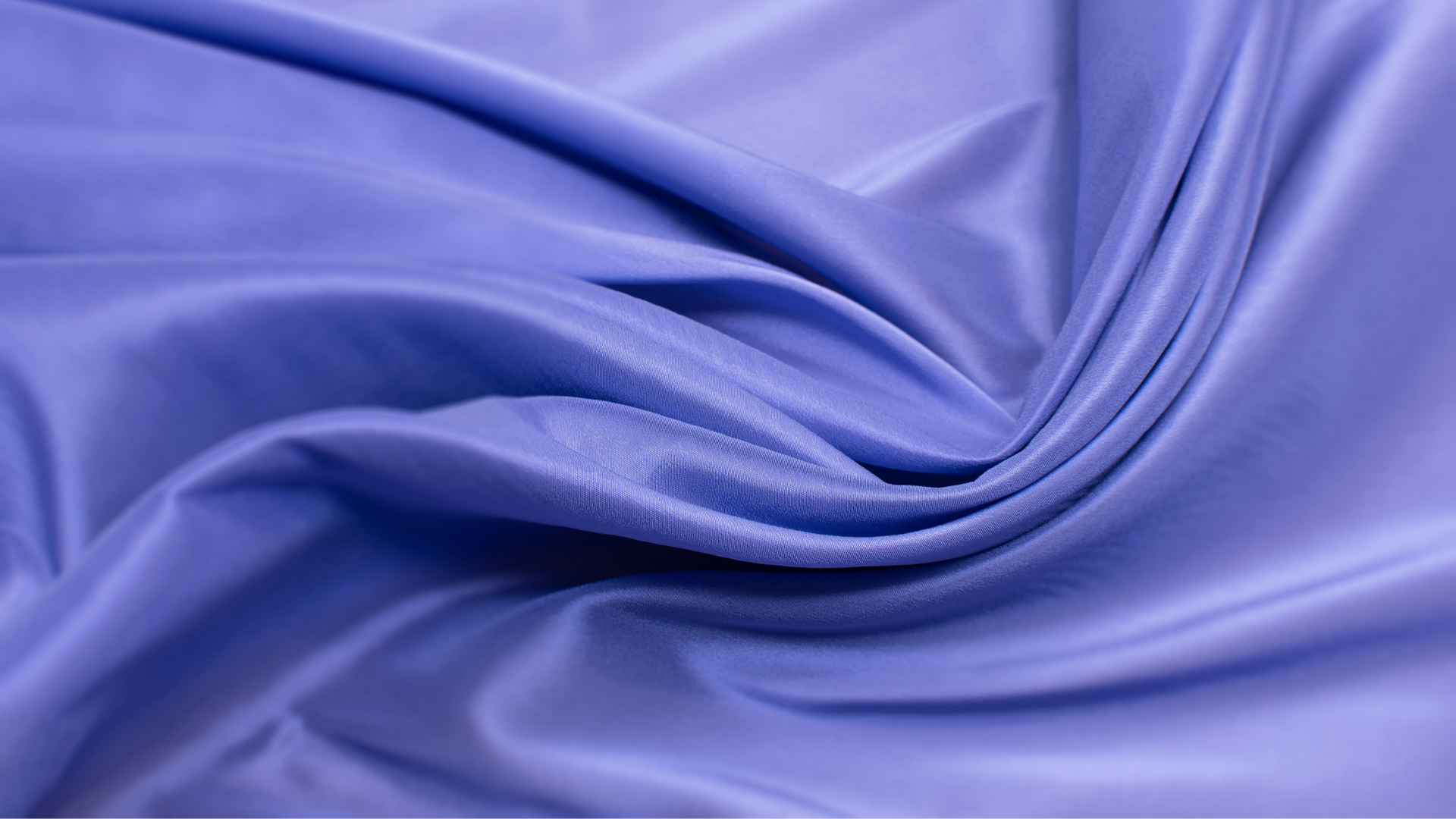In the quest for sustainable and eco-friendly fabric choices, one question that often pops up is whether rayon qualifies as a natural fiber. This article aims to explore the composition, production processes, and environmental implications of rayon, providing a comprehensive look into its classification.
What is Rayon?
Rayon is a versatile fabric known for its silk-like feel, making it popular in fashion and home decor. However, its classification between natural and synthetic fibers can be somewhat confusing.
The Origin and Production of Rayon
Rayon is derived from cellulose, which is commonly sourced from wood pulp, making it fundamentally different from fully synthetic fibers created through chemical synthesis. The production process of rayon involves dissolving cellulose in chemicals and spinning it into fibers. This method, known as the viscose process, is where the debate about rayon's "naturalness" intensifies, due to the heavy chemical usage.
Types of Rayon
There are several types of rayon, each with unique properties and production techniques:
-
Viscose Rayon: The most common type, known for its softness and high absorbency.
-
Modal Rayon: A type of rayon made from beech trees, known for its increased strength and softness.
-
Lyocell (often known as Tencel): A newer form of rayon, praised for its environmentally friendly production process that recycles almost all the chemicals used.
Environmental Impact of Rayon
The environmental footprint of rayon is significant, primarily due to the deforestation associated with cellulose extraction and the pollutants from the manufacturing process. However, advancements like the production of Lyocell are making strides toward more sustainable practices in the rayon industry.
Sustainable Alternatives
For those looking for more eco-friendly alternatives, options such as organic cotton, hemp, and bamboo (processed with minimal chemicals) offer viable substitutes that are both sustainable and less harmful to the environment.
FAQs About Rayon
Is Rayon Considered Eco-Friendly?
Rayon's eco-friendliness largely depends on how it is produced. Traditional methods involving harmful chemicals and deforestation are problematic, whereas more modern approaches like the production of Lyocell represent significant environmental improvements.
Can Rayon Be Recycled?
Recycling rayon is complex due to its mixed chemical composition. However, efforts are being made to improve the recyclability of rayon and other semi-synthetic fibers.
How Does Rayon Compare to Cotton?
While both are derived from natural sources, cotton is generally more environmentally friendly than traditional rayon due to less chemical usage in its production. However, when comparing to organic cotton, the differences in environmental impact can be less pronounced.
Is Rayon Biodegradable?
Yes, rayon is biodegradable due to its cellulose base. However, the chemical residues from its production can impact the biodegradation process.
What Are the Uses of Rayon?
Rayon is widely used in clothing, bedding, and home furnishings. Its ability to mimic the feel of silk, linen, and cotton makes it a versatile choice in textile production.
Conclusion: Is Rayon a Natural Fiber?
Rayon stands on the borderline between natural and synthetic. Derived from natural cellulose but requiring significant chemical intervention to become fiber, it doesn't fit neatly into either category. As the textile industry evolves, perhaps the most pertinent question isn't whether rayon is natural, but rather how its production impacts the environment and what can be done to reduce these effects.
Explore More
Interested in sustainable living and eco-friendly products? Dive deeper by exploring our Sustai Market Blog and related articles on Sustainable Living and Personal Care & Beauty. Join our community and contribute to a healthier planet.
Call to Action: Keen on making more environmentally conscious choices? Check out our eco-friendly products on Sustai Market and help pave the way towards a more sustainable future.



